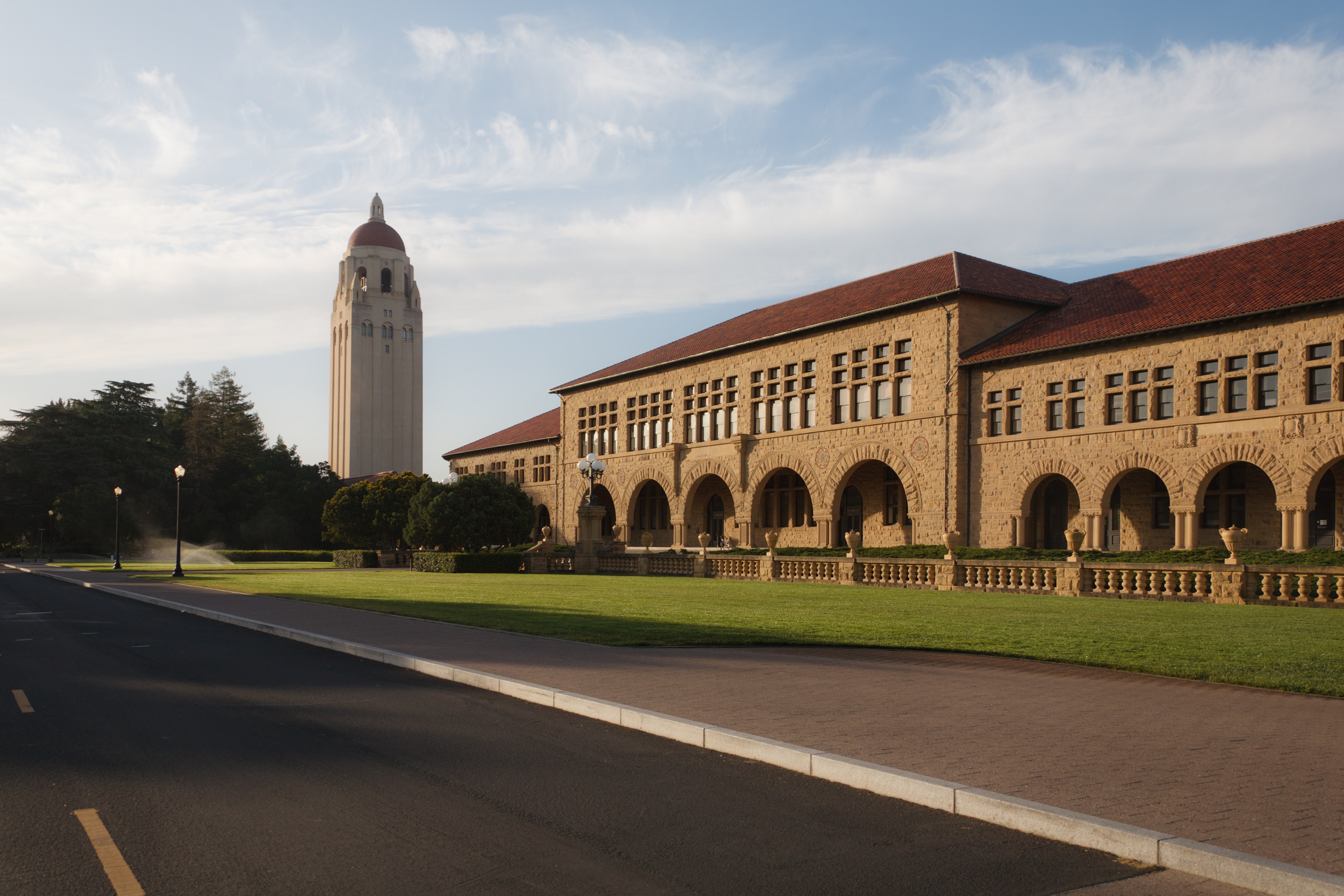The University announced that it is considering revising its plan to bring frosh, sophomore and first-year transfer students to campus in the fall in an email sent to the campus community Wednesday. Stanford expects to reach a decision in “mid- to late August.”
The current fall quarter plan to have frosh, sophomores and first-year transfers in residence and to run a limited number of in-person classes is tentatively still in place, according to Stanford’s email. However, the University also acknowledged that those plans might have to be rolled back in light of the worsening circumstances surrounding COVID-19.
The email from Vice Provosts Susie Brubaker-Cole and Sarah Church specifically noted that the University is awaiting the California Governor’s Office guidelines for higher education, which will be released at a later date.
If the on-site aspects of fall quarter are canceled, the University will re-evaluate its original cohort plan so that frosh and sophomores do not have to wait until summer to return to campus. Under the original plan, frosh and sophomores would reside on campus in the fall and summer, and juniors and seniors would reside on campus in the winter and spring.
Brubaker-Cole and Church added that they will make “every effort” to ensure that as many students approved to stay on campus for quarters outside of their assigned cohort through the special circumstances process will be able to reside on campus even if instruction moves entirely online. Students were notified of their application status on Monday, and 73% of requests were approved.
“Conditions are worsening by many measures, and several colleges and universities have revised their plans for opening this fall,” they wrote. “Because protecting the health and safety of our students, faculty, and staff is our top priority, we continue to evaluate the public health strategies we must take to contain outbreaks and prevent the further spread of the disease.”
Brubaker-Cole and Church recommend that students have a back-up plan for housing and purchase refundable tickets for travel. If students do return to campus, it’s recommended that they only bring only what they can carry.
If students are allowed to return to campus for fall quarter, several aspects of campus life will drastically change. During move-in, families and guests will not be allowed to enter residential or dining halls to assist students with moving. They will be asked to leave campus as soon as possible. Meals will be pre-packed, and students will have their temperatures checked and asked to wash their hands before entering dining halls. Campus events and parties will not be allowed, and even small gatherings could be limited.
All undergraduates will be tested for COVID-19 twice during their first week on campus to minimize the likelihood of false negatives. The University plans “to continue to test students periodically throughout their 10-week stay on campus, and before they return to their homes.”
Students will all be asked to agree to a “campus compact,” which will include expectations regarding behavior and education on campus. The University is additionally developing an “accountability process for students who do not follow University expectations to achieve a safe and healthy campus community.”
A Community Review Panel will be established to review violations and recommend punishment, ranging from “education to removal from campus.” There will be no appeals process.
Typically upperclassmen apply for housing through The Draw. Instead, the University will be running an “Autumn Housing Allocation process” that places emphasis on ensuring friends will be able to live together. Up to eight students will be able to apply together, and they will rank large complexes as opposed to small houses. Pre-assignment will only be available for the four ethnic-themed houses, Casa Zapata, Muwekma-Tah-Ruk, Okada and Ujamaa.
“COVID-19 has caused extraordinary uncertainty and anxiety for all of us,” Brubaker-Cole and Church wrote. “We know many of you are struggling with the health and economic impacts of this pandemic. We remain committed to providing information as quickly as we can so students and families have what they need to make decisions.”
Contact Emma Talley at emmat332 ‘at’ stanford.edu.
